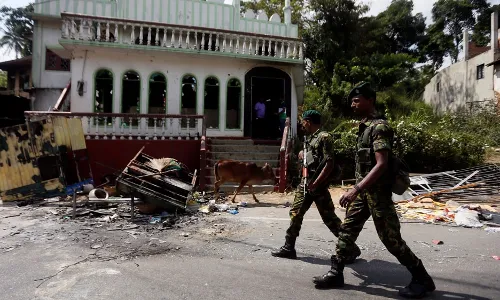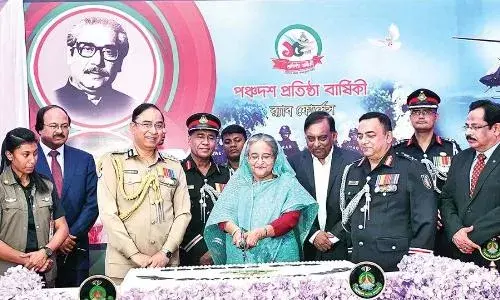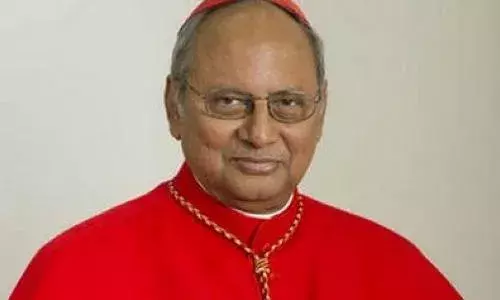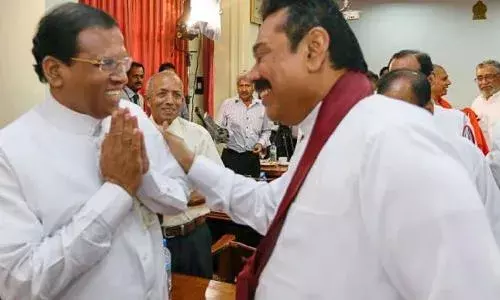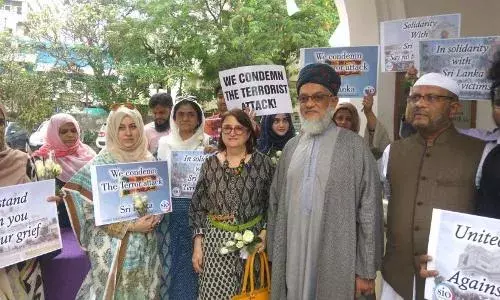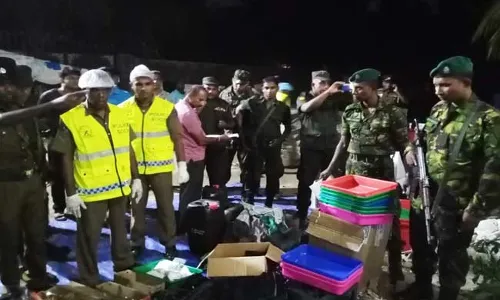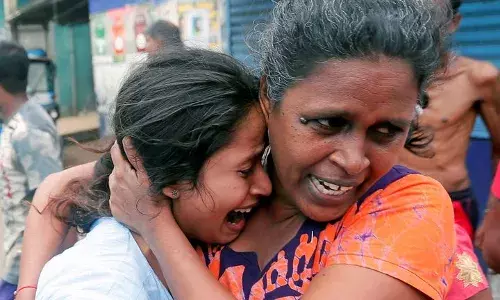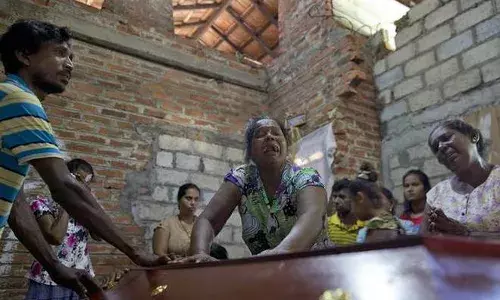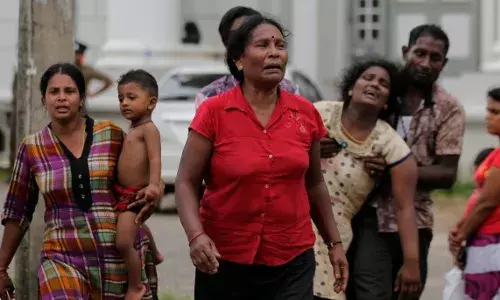Why Pakistan’s Elections Are An Unequal Contest
Militants still rule the roost;
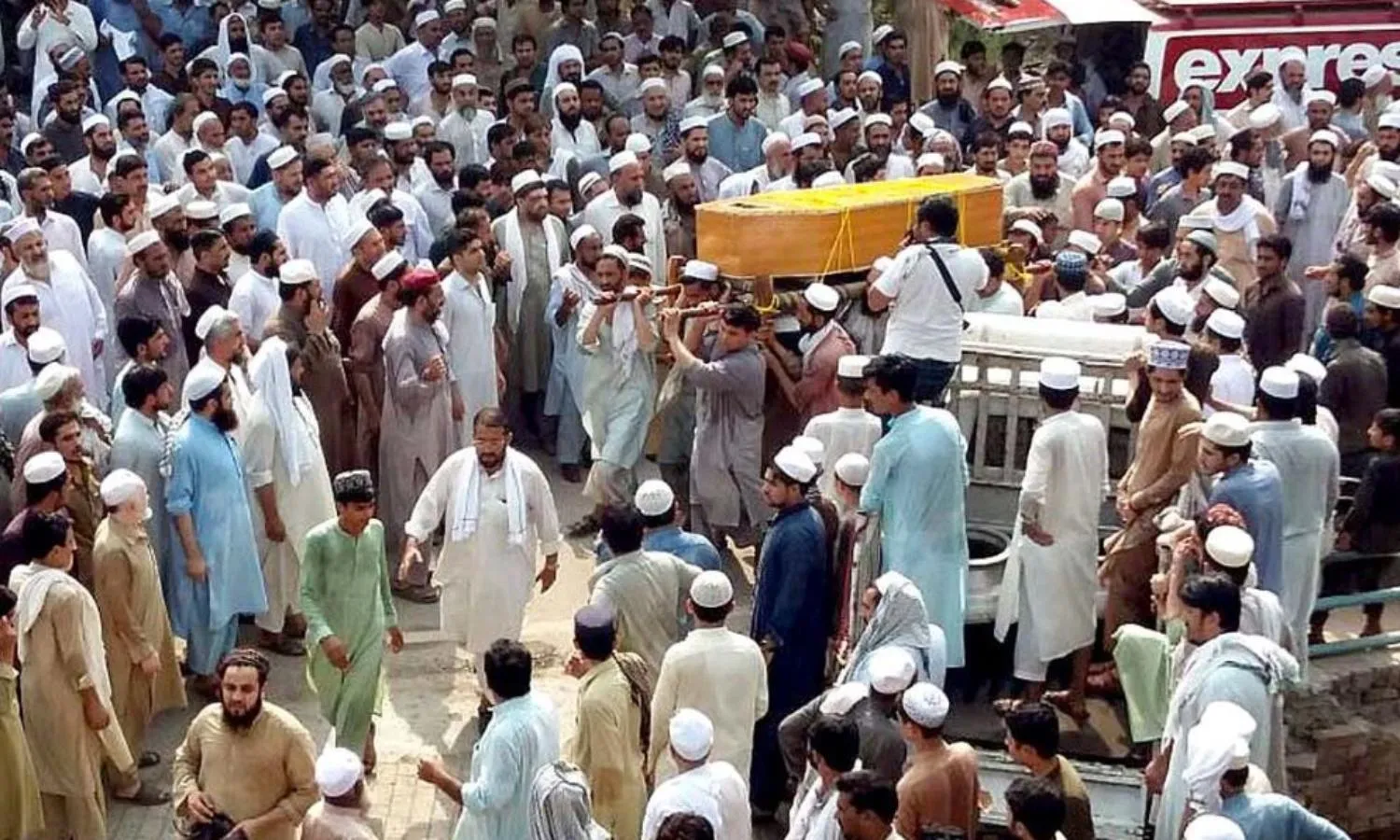
NEW DELHI: A suicide attack targeting a local politician in Pakistan’s Peshawar district on Tuesday has raised troubling questions regarding the security situation in the poll-bound country.
The Tehreek-i-Taliban Pakistan (TTP) claimed responsibility for the suicide bombing attack at an election rally in Peshawar, killing 21 people including political, Haroon Bilour. Mohammad Khurasani, a spokesperson for the TTP, said that the attack targeted Bilour who was a candidate for a seat in the provincial legislature.
Bilour’s father, Bashir Bilour, a senior politician, was also killed in a TTP attack in 2012.
Father and son were both members of the Awami National Party (ANP), a small but important player in the Pakistan elections. The ANP is a predominantly secular, ethnic Pashtun nationalist parties and in direct competition with more hardline Islamist parties in Pakistan’s Pashtun areas along the Afghanistan border. The party came to power in Peshawar in 2008 and remained in government till 2013, during which time the military was carrying out a major offensive targeting militants in the region. The 2013 elections proved to be amongst the bloodiest elections in Pakistan, with militants targeting ANP politicians and supporters and killing hundreds ahead of the polls.
Data from the Pakistan Institute of Peace Studies listed some 148 terrorist attacks across Pakistan between January 1 and May 15, 2013. Militants openly owned these attacks, and in addition to the ANP, the Pakistan Peoples Party (PPP) and Muttahida Quami Movement (MQM) were threatened and frequently attacked by the militants, which damaged their electoral campaigns.
The attack targeting Bilour has once again exposed the fragile state of democracy in Pakistan, and raised questions about the effective functioning of democracy as militants -- through violence -- continue to impact electoral campaigns, targeting parties and politicians they are opposed to.
As a hard hitting editorial in Pakistan’s Dawn newspaper states: “Pakistanis know well how quickly an election can degenerate into a situation where violence is perpetuated to tip the scales to the advantage of the favourites.”
Referring to the violence that accompanied the 2013 elections, the editorial states: “Clearly, these parties, which represent a large section of the Pakistani electorate, did not enjoy the kind of protection that the state should have provided to them in 2013. They were left to find their own defence to fight the vicious onslaught. That they were unable to do so and secure themselves during the poll season showed adversely in the election results. It wasn’t just their loss; the cost was paid by the people of Pakistan as well. The 2013 election was reduced to an uneven contest that did not fulfil the requirements of democracy. The recent attack in Peshawar, a city fit to showcase Pakistani pluralism given the many shades of politics that it boasts, is a grim warning that the ghosts of 2013 may revisit us again in large numbers — unless the country is ready and vigilant enough to stop their advance which has clearly begun.”
ANP has vowed to push ahead, with party chief Asfandyar Wali Khan saying that the suicide attack was an attempt to push his party out of the electoral fray, and adding that the party would not be cowed by such attempts.
The federal government, meanwhile, has announced that it will beef up security across the country.
(Cover Photo: ANP leader Haroon Bilour laid to rest in Peshawar)


